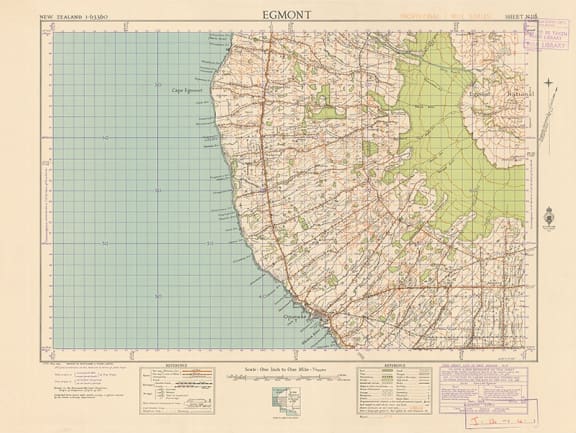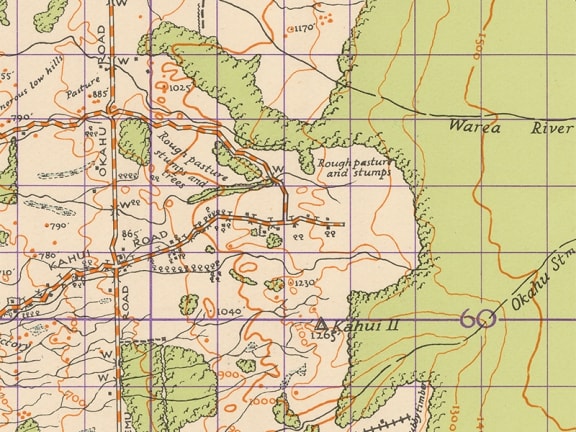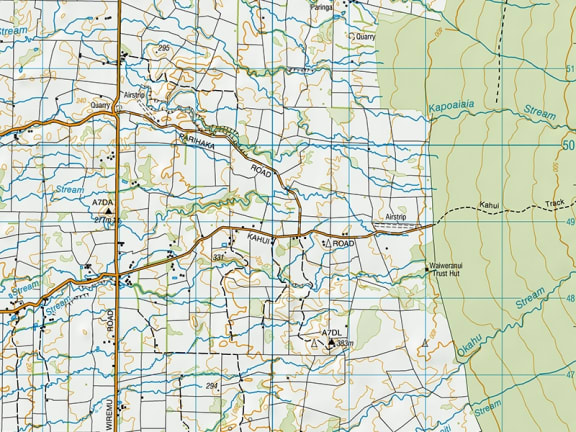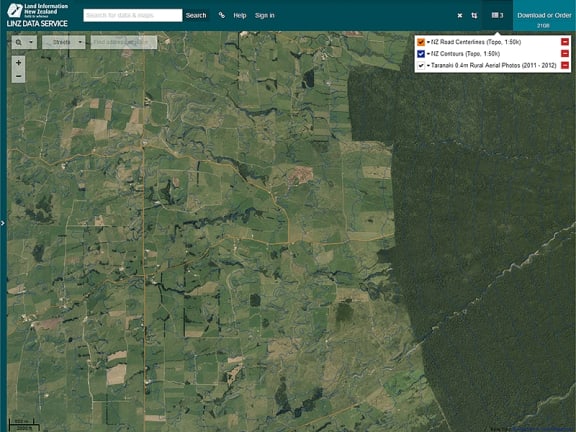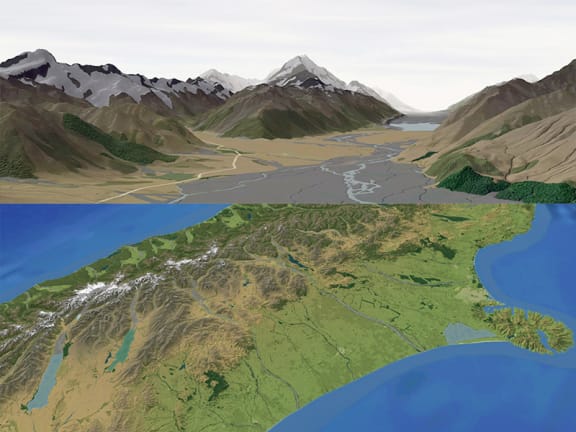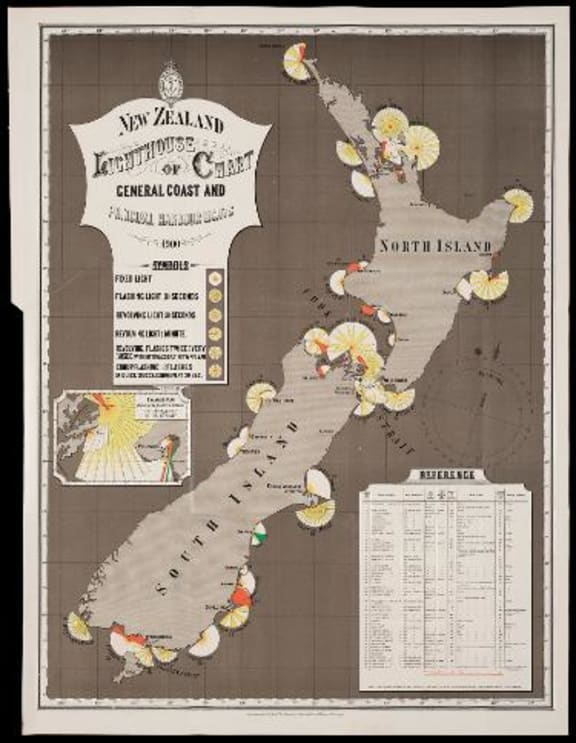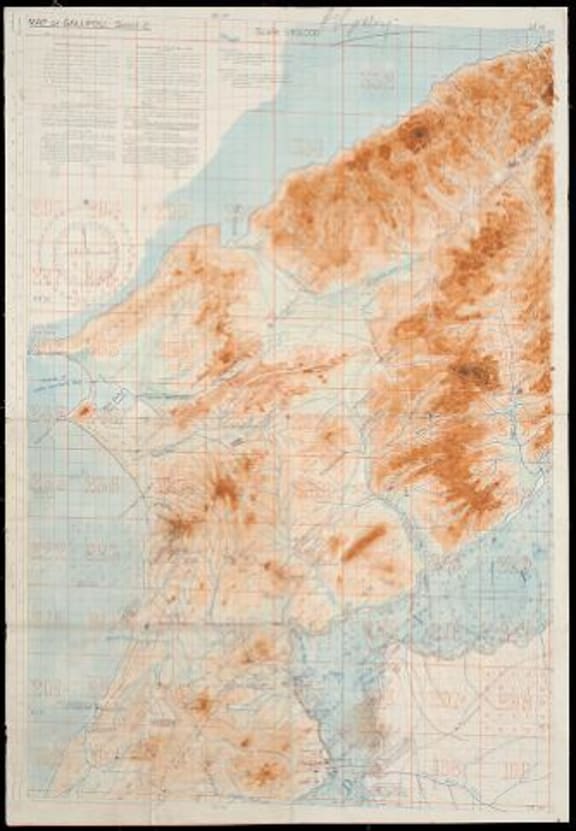Nine To Noon for Monday 21 December 2015
09:05 Audits show abuse of migrant workers widespread
The task force charged with identifying breaches of labour standards says 6 months of increased audits and monitoring have revealed widespread workplace abuse, including cases of employees being paid less than half of the minimum wage.From July 1st, the Labour Inspectorate received an addition 32 million dollars, which included an extra 10 staff, to crack down on employment breaches.
Its general manager Geoge Mason says there is a significant set of employers who are engaged in these kinds of practices and taking advantage of young migrant workers in particular
09:20 A thousand migrants a day still arriving on Lesbos
Volunteers on the Greek Island of Lesbos say a thousand migrants are still arriving each day in rafts and boats after making the treacherous crossing from Turkey.One of those volunteering on the island is Scottish Medical Student Aidan Mcall-Hagain
09:30 The Future of Maps in an Age of Satnavs and Map Apps
Land Information New Zealand (LINZ) has been making maps for over a century, but more and more they're looking at what new technology means for their maps.
LINZ's Group Manager Topography is Aaron Jordan. His team is responsible for producing authoritative maps of New Zealand and its off shore territories. These are sold as paper maps, but the team has also embraced open data and making the data that it uses to create maps, freely available for others to reuse and innovate. The applications of the data range from tramping apps, and software for planning wind farms , to a tool to manage customary fisheries. Their iconic map design has also cropped up in artworks, wall paper and wine labels.
2015 is also the year of the map and the National Library is running a year long exhibition on the history of mapping in New Zealand which runs until August 2016.
For LINZ map information, updates, facts and pictures see their facebook page
09:45 Europe correspondent Seamus Kearney
Seamus Kearney takes a look at the things that left their mark in 2015 and will continue to do so over the next year.
10:05 Dr Rick Sacra on Surviving Ebola
Since the first confirmed case of the Ebola epidemic in March 2014, there have been more than 28 thousand suspected, probable, or confirmed cases, with more than 11 thousand deaths in six countries; Liberia, Guinea, Sierra Leone, Nigeria, the US and Mali. But what is it like to survive Ebola ?
A follow-up survey of the survivors who were treated for the Ebola virus in the U.S. say they experienced a "wide constellation" of symptoms, involving many organ systems, for months after their successful treatment. The report was published in the New England Journal of Medicine.
American doctor, Rick Sacra, was one of those doctors. He contracted the virus in September 2014, in Liberia, the country that was worst hit
10:30 Book review: After You by Jojo Moyes
Reviewed by Crystal Beavis, published by Penguin
10:45 The Reading: The Promotion a short story by Maria Samuela read by David Fane
Fresh off the boat from Rarotonga in 1959, Taki adapts to life in New Zealand
11:05 Politics with Matthew Hooton and Stephen Mills
11:20 Bread, Wine, Chocolate - the Slow Loss of Foods We Love

Bread, wine and chocolate ... are all things we're told to limit in our diets. But it is not their relative health benefits or risks that my next guest has explored, but their place in the history, culture and industrialisation of food.
Simran Sethi is a journalist and writer whose book Bread, Wine, Chocolate, the Slow Loss of Foods We Love chronicles our culinary affairs with some key foods that have been developed into kitchen staples and how vulnerable they now are. How did these foods - and particularly the plant varieties they come from - squeeze out others as favourites? And what pressures are on the - sometimes delicate - ecosystems in which these plants thrive?
11:45 Issues for city dwellers with Tommy Honey
Tommy Honey asks what comes next – the Human or the Machine? As the world becomes more automated with machines taking over trivial tasks, in some areas, people are pushing back and wanting a little human contact with their transactions; and some organisations are responding well. Meanwhile over at Alphabet (a.k.a. Google) they’re increasing their efforts to take the steering wheel away from drivers, in spite of recent efforts by California regulators…
